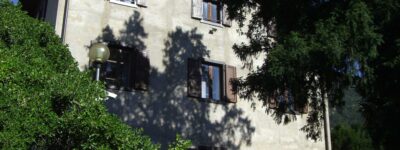Exploring the role of electro-weak currents in Atomic Nuclei

ECT* - Villa Tambosi
Strada delle Tabarelle, 286
Trento - Italy
A theoretical description of electro-weak (EW) processes is essential for understanding a broad range of nuclear phenomena. It has long been known that calculations of magnetic moments, electron scattering, and other processes, based on the impulse approximation or simple one-body operators, cannot reproduce experimental findings. One key ingredient, many-body currents (e.g. two-body meson exchange currents), provide a consistent description of the nuclear dynamics and underpin the microscopic origin of commonly used, but poorly understood, effective operators in nuclear physics (e.g. effective charges, effective g-factors, effective axial masses, quenching of nuclear matrix elements). In spite of their importance, a consistent and model-independent treatment of EW currents in nuclei remains a major theoretical challenge.
The recent developments of EW currents within the framework of chiral effective field theory, and implementation in ab initio many-body methods, have demonstrated their importance in describing various electromagnetic properties. In this workshop, we will discuss theoretical and experimental investigations that are currently underway to explore the role of EW currents in electromagnetic properties of few and many-body nuclear systems. Further extensions relevant for neutrino physics, fundamental symmetries, dark matter searches, and our interpretation of nuclear structure will be highlighted.
Organizers
-
Ronald Fernando Garcia Ruiz (CERN)
-
Gaute Hagen (Oak Ridge National Laboratory/The University of Tennessee)
-
Alexandre Obertelli (TU Darmstadt)
-
Stefano Gandolfi (Los Alamos National Laboratory)
-
Jason Holt (TRIUMF - Vancouver)

